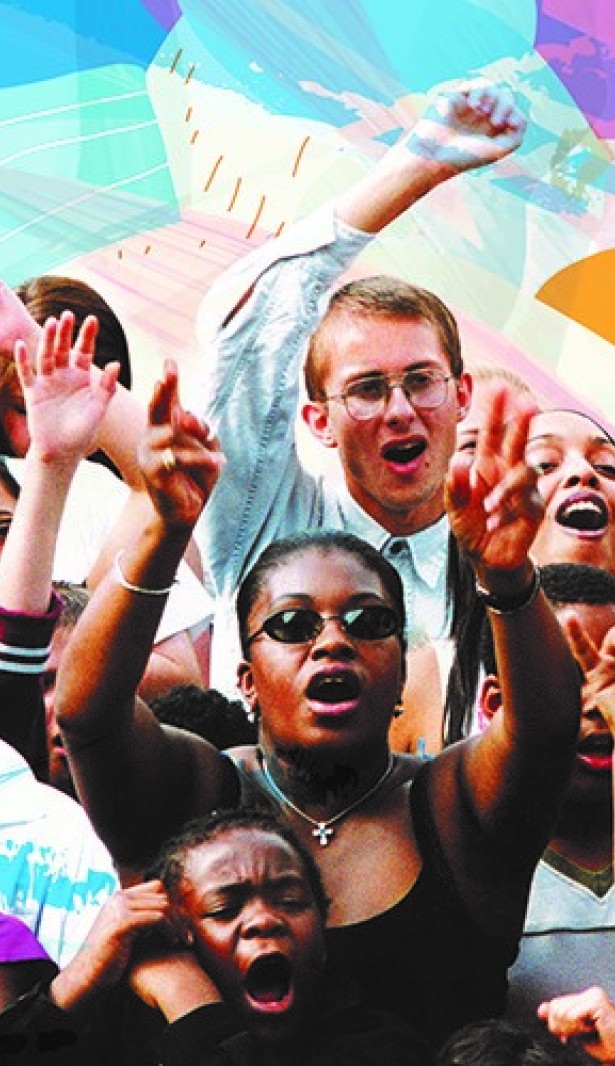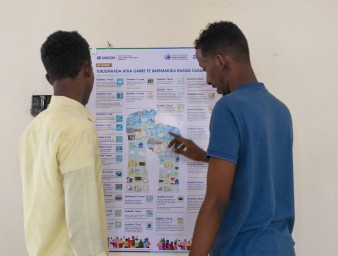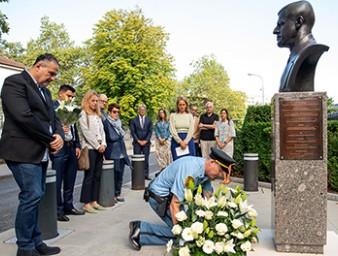Annual report 2019: Human rights-based actions bring tangible results
05 June 2020

2019 has been a year of successes and challenges for UN Human Rights, said UN High Commissioner for Human Rights Michelle Bachelet. In a virtual presentation, Bachelet outlined some of the highlights of the work of the Office in a variety of areas.
The United Nations Human Rights Report 2019covers Bachelet’s first full year in office and spans the vast range of work the office has carried out. These include support to the integration of human rights in UN peace operations, capacity-development and technical cooperation conducted in 84 field presences across the world and the crucial monitoring and protection work the Office provides through the human rights components in 12 peace missions.
“This report highlights how human rights-based actions achieves tangible results,” Bachelet said.
Some of the highlights of these tangible actions over the last year include, among others: facilitating 37 ratifications or accessions to the core human rights treaties; providing rehabilitation and support to almost 36,000 victims of torture in 77 countries; and helping with the adoption of 15 new national laws outlawing discrimination in all its forms.
The Annual Report comes amid a time or great upheaval and increased difficulties for human rights globally, Bachelet said.
“2020 may be a watershed year. Only by advancing human rights can we stem the pandemic's public health impact,” she said. “Now more than ever, in this time of crisis and profound uncertainty, we ask you to support the work we are doing – with resources and other forms of practical assistance, and with your advocacy and political support.”
Yet, 2019 was also notable for the increased challenges the Office faced, Bachelet said, particular with regards to funding. The regular budget was cut again, with the Office receiving US$105.6 million compared to US$125.6 million in 2018, a cut of about 16 percent. In addition, voluntary contributions to OHCHR also decreased by 4.3 percent compared to 2018.
Despite the funding shortfalls, Bachelet says the Office was still able to assist governments and civil society organizations with long term work on human rights issues through the support received from 84 donors in 2019.
“Even as we recognize, with pride, the value and impact of the work we have accomplished through our partnerships, I am cognizant of the need for strengthened efforts. Today’s multiple predicaments are sobering on many fronts – I look forward to distilling lessons learned, building on good practice and, together, leveraging a united voice for human rights for all,” she said.
5 June 2020




